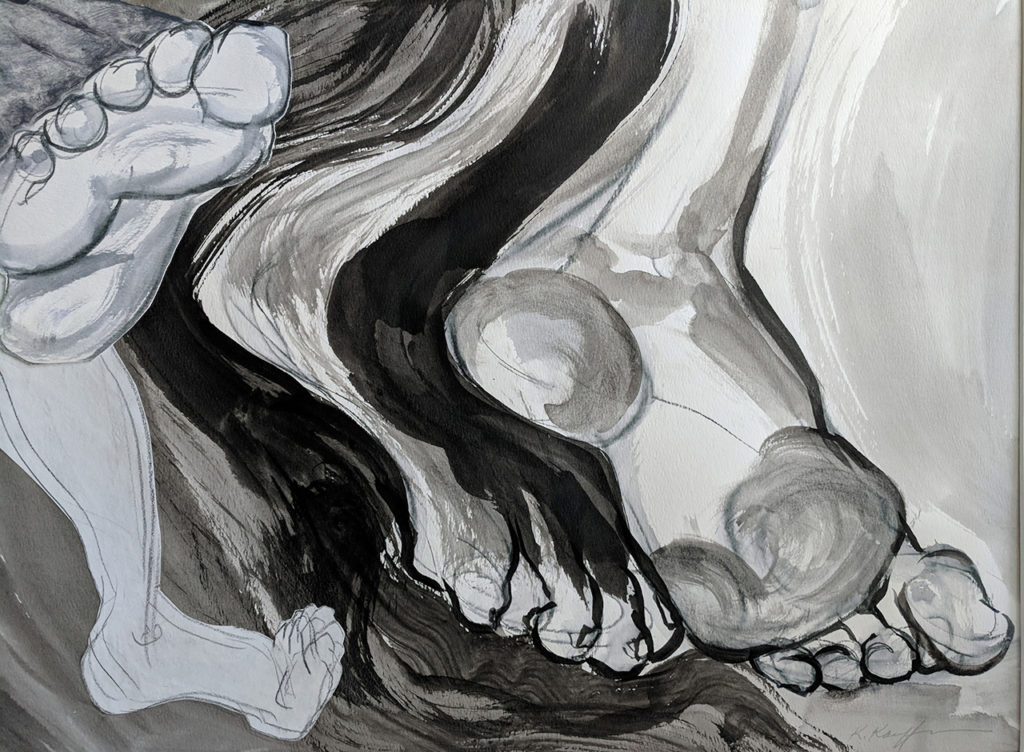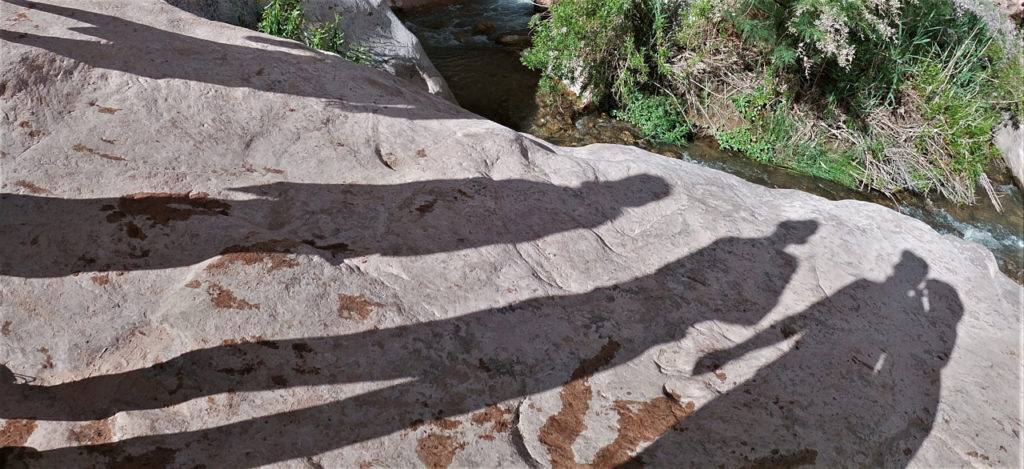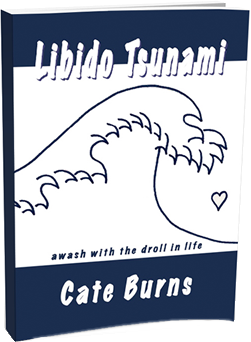Keeping Pace

I loved my pace, whether walking or brainstorming an idea. A lot of my identity wrapped itself around how fast my brain and body moved. During the years when I enjoyed a long partnership, he strolled as we walked. With him, I slowed down, but sped up again when on my own. When making decisions, he indulged in a ponderous thinking process. Because I came from a family of impulsive folks, I admired his thoughtfulness. Although I learned patience from him, and respect for another outlook on life, I never relinquished my original pacing which seemed inbred. I came to identify myself as quick in actions and in decision-making.
But, one day, I exercised with a speed-walker friend who made me feel like a tortoise. I’d bragged about my quick walking and, after fifteen minutes on the trail, with her arms madly pumping up and down in her near trot, she couldn’t hide her disappointment at my sluggishness compared to her. A few months later, I spent time with a colleague from work who made speedier decisions than me.
Perhaps, I’d been fooling myself all those years about my sprightly pace. Maybe a dawdling person lurked inside me. When I thought about it, I realized it didn’t matter whether I considered myself to be fast or slow.

I began to laugh at my needless judgments. No matter what others thought of me, I still loved my pace. The momentum of a walk or the endorphin high of developing an idea fed my inner joy. I interacted with the world within a time-frame that satisfied my abilities for movement, both physical and mental.
A new friend, Maggie, told me she loved to write and decided to form a writers’ critique group that would meet once a month. I happily joined. But, the essay she brought to the first meeting had been written six years before. What a shock. Over the next months, I felt compelled to bring new work to each meeting while Maggie mulled over essays she’d done up to eight years previously. At first, I criticized her in my mind for being a laggard, a dilettante writer who couldn’t make a professional commitment. Then I caught myself. Although I couldn’t comprehend how her writing pace worked for her, apparently it did. When I accepted her difference from me, I relaxed and enjoyed our time together.
If I attached myself to a concept of how fast I should go, it could backfire on me. When I went camping and hiking with a group of twenty-four people in the Grand Canyon, I committed to keeping up with the group, even though, at sixty-eight years old, I topped the chart as one of the oldest. Another senior, Polly, in her mid-sixties, came with us knowing she had a torn meniscus in her knee. Each day, she either slowed us down or stayed in our base camp while we took hikes up side canyons. I ground my teeth and mentally criticized her for being a burden. I felt superior to her, all the while, thinking, I would never slow down the group like Polly does.
At that point, the Great Master of the Universe probably looked at my snobby attitude and decided to take me down a notch. On the third day in the Canyon, when we were remote enough that a major medical mishap meant a helicopter ride out, I hiked downhill out of a rocky side canyon streambed. All at once, in the uneven terrain, I landed wrong on my right ankle and it gave a sickening crunch which resulted in a sprain. No more hikes for me. I hobbled on a driftwood cane, grateful not to be airlifted out. For the next week, during the days, I joined Polly in camp, elevating my ankle and applying ice while everyone else took day hikes. Duly chastened, I slowed down and counted my blessings. I felt overjoyed my accident hadn’t been worse, that I could stay with the group while I savored the canyon, albeit at a reduced velocity.
As I made friends with Polly, I returned to my old maxim: fast or slow didn’t matter. I hoped to always delight in my pace, even my current tottering one. But I wanted to remember, for a longer period this time, not to judge my swiftness, or that of others, as inherently right or wrong.

Cate Burns is the author of Libido Tsunami: Awash with the Droll in Life, in which she unearths the ludicrous in the emotional live traps surrounding us — in families, friends and disastrous romances. Get it on Amazon today.
